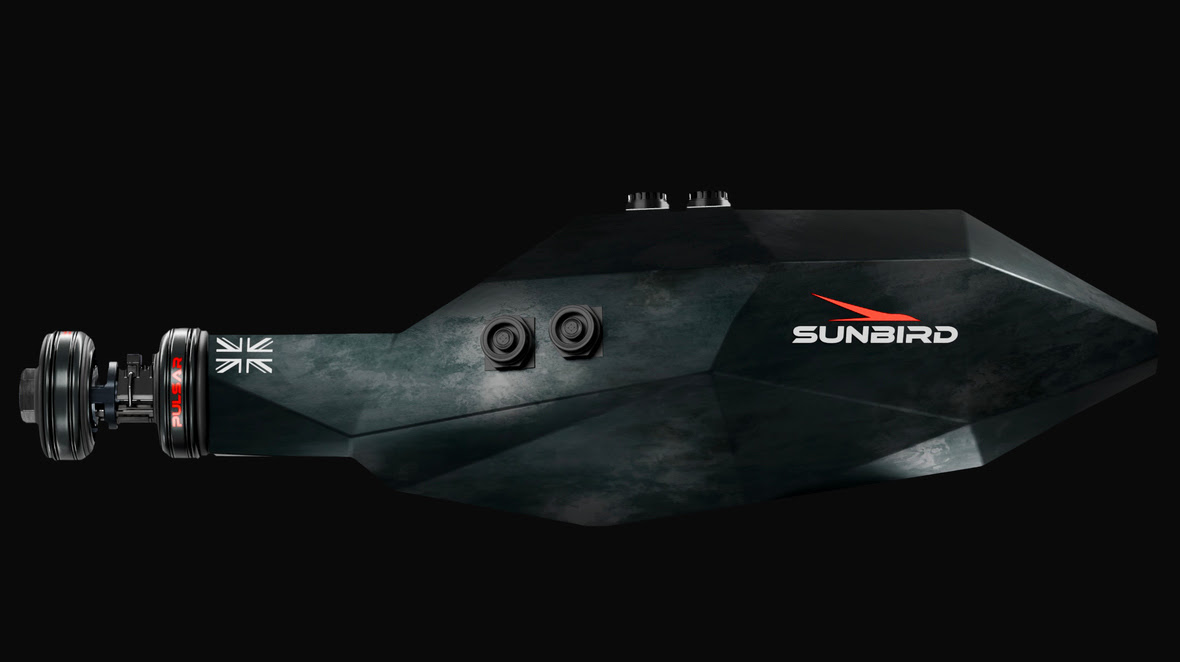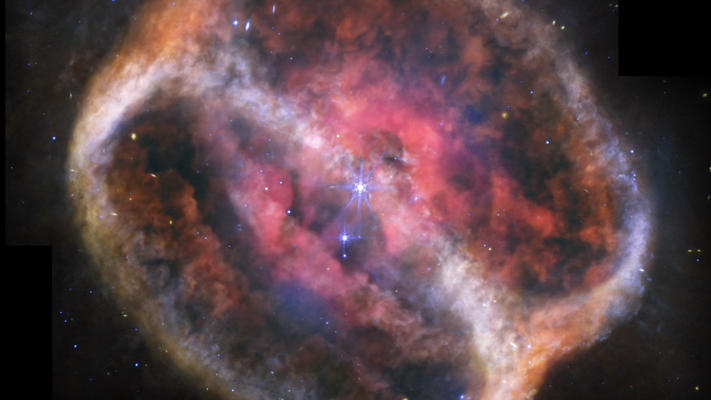Searching for Vulcanoids, First Rocks from the Sun
NASA's Messenger probe isn't just homing in on Mercury. Whenever it zooms close to the sun, the probe aims its cameras at the space between our star and its nearest planet, hoping to discover and snap a photo of tiny asteroids called vulcanoids.
Vulcanoids are named after the hypothetical planet Vulcan, once postulated to exist in an orbit closer to the sun than even Mercury's. Astronomers ruled out Vulcan's existence in 1915, and they have yet to discover any vulcanoids, either. But should they be found, these small, rocky asteroids might yield insights into the formation and early evolution of the solar system.
Scientists think vulcanoids probably would contain material left over from the earliest period of planet formation and would help reveal the conditions in which the rocky planets — Mercury, Venus, Earth and Mars — formed. Vulcanoids also could help explain Mercury's extensive cratering history. Impacts by vulcanoids would make Mercury's surface appear older than it actually is.
If they do exist, vulcanoids will be difficult to spot. First, they're thought to be very small — less than 37 miles (60 km) across — and the nearby sun would generally drown out their reflected light. Because vulcanoids would be so close to the sun, ground searches for them can be carried out only during twilight, dawn, and solar eclipses.
So Messenger is doing what it can from space. Every time the probe's orbit brings it to perihelion — its closest approach to the sun, about 29 million miles (46 million km) away — Messenger looks for vulcanoids. The latest search took place Aug. 14-17.
"Our searches for vulcanoids may not turn up any objects," said Messenger principal investigator Sean Solomon of the Carnegie Institution of Washington, "but a discovery of even one vulcanoid would change our thinking about the evolution of Mercury. The solar system still has many surprises in store for us, so it makes sense for us to be ready for the unexpected."
- Images: Explore the Planet Mercury
- All About Asteroids
- Asteroids Data Sheet
Get the Space.com Newsletter
Breaking space news, the latest updates on rocket launches, skywatching events and more!
Join our Space Forums to keep talking space on the latest missions, night sky and more! And if you have a news tip, correction or comment, let us know at: community@space.com.

Space.com is the premier source of space exploration, innovation and astronomy news, chronicling (and celebrating) humanity's ongoing expansion across the final frontier. Originally founded in 1999, Space.com is, and always has been, the passion of writers and editors who are space fans and also trained journalists. Our current news team consists of Editor-in-Chief Tariq Malik; Editor Hanneke Weitering, Senior Space Writer Mike Wall; Senior Writer Meghan Bartels; Senior Writer Chelsea Gohd, Senior Writer Tereza Pultarova and Staff Writer Alexander Cox, focusing on e-commerce. Senior Producer Steve Spaleta oversees our space videos, with Diana Whitcroft as our Social Media Editor.









